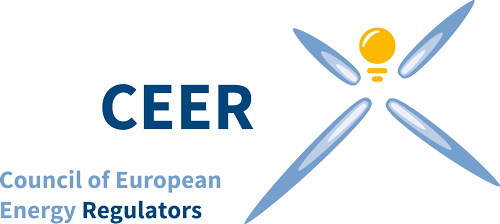March 2010
| | |
| European Energy Regulators’ News | |
| Issue: March 2010 | |
| If this e-mail is not displayed correctly, please click here! | |
|
Events
| Editorial At the Energy Council meeting of 12 March, Member State representatives reached political agreement on the proposed Regulation concerning investment projects in energy infrastructure, adopted conclusions on the Strategic Energy Technology Plan (SET-Plan) and heard EU Energy Commissioner Oettinger’s presentation on the Commission’s communication “Europe 2020”. Europe 2020 identifies 3 drivers of growth (smart growth, sustainable growth and inclusive growth) designed to prepare the EU economy for the next decade. |
| Joined-up thinking on smart grids in Europe | |
| Europe’s regulators have taken up the mantle of pioneering “smart grids”. Interest is high with more than 50 responses to the recent ERGEG public consultation and a full house at the ERGEG smart grids workshop on 17th March. |
| CEER/ERGEG Events |
| Events (see Events section of website for the new calendar of next workshops) : • Workshop on Pilot Framework Guideline on Electricity Grid Connection, Brussels, 16 April 2010 |
| Calendar of current and future public consultations |
|
The standard period for ERGEG public consultation is 8 weeks. See the public consultations section of the website.
| Events |
| See all dates of Regional Initiatives meetings (RCC, IG, SG) on the ERGEG online Calendar. |
|
|
| Region in the Spotlight - quarterly update on all regions |
| In the Baltic electricity region a public consultation took place between December 2009 and February 2010 on the draft transparency report for the region. |
| About the European Energy Regulators' News |
| Reported content is given for information purposes only and does not legally bind any of the involved parties. Where third-party sources are mentioned, CEER/ERGEG is not responsible for the accuracy of the information. Your feedback on European Energy Regulators’ News is welcome, so as to improve future issues. Contact: una.shortall@ceer.eu |
